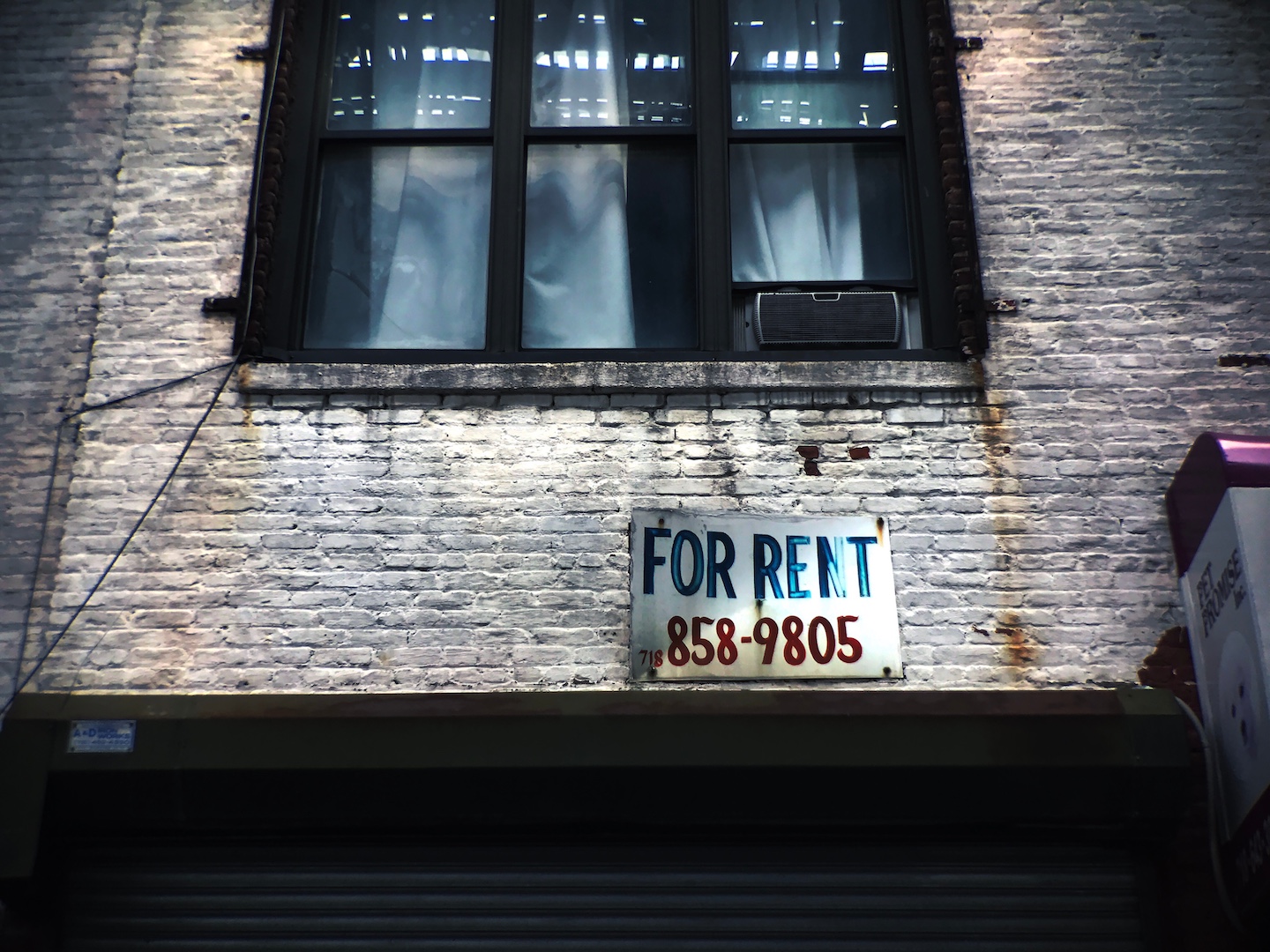I followed the Mandatory Renter Relocation Assistance ordinance closely when it was working its way through City Hall. The public testimony was the saddest part of the whole thing. Commissioner Eudaly and her Portland Tenants United group sat in the front row hurling insults, hisses, and disrespectful remarks as housing providers pleaded their case as to why this ordinance was a bad idea. It was nothing short of disgusting.

Well, the disgusting-ness continues. A proposal has been released that again targets “mom and pop” housing providers and would strictly limit their ability to screen tenants. According to the proposed language, a housing provider could not reject an applicant for reasons such as: running a meth house out of a previous rental home, not being able to afford the rent, having a history of breaking into neighboring units, or if a prior landlord said they were abusive to neighbors.
Frankly, the proposed language has so much administrative ins-and-outs that I can’t imagine many housing providers being able to navigate it. The way it currently reads, most small-time housing providers would need to hire a lawyer or a third-party property management company to be able to comply fully and not get sued down the road.
Lawyers and property managers are not cheap, and most rental property yields are not high. I could see this proposal making some rental property just not feasible, especially at the lower-end of the market.
What is the end goal of all these proposed changes to landlord/tenant law? I think there is a concerted effort to eliminate small-time housing providers from the Portland market. The typical profile of most housing providers in Portland are retirees, teachers, police officers, postal workers, nurses, and other middle-class occupations. It is not politically prudent for elected officials to go after these folks. So under the guise of going after big bad heartless institutional landlords (which would not be as affected by the most recent proposal and are fundamentally not affected by the relocation assistance ordinance), they are working at eroding the number of small-time housing providers that are in the market. Once they are gone the battle becomes between tenants and institutional landlords. That is a much easier target than the typical housing provider because these institutional landlords are faceless and their primary objective is profitability.
Real estate is an excellent investment for regular Joe’s and Nancy’s. It is a great way to build wealth over the long-term, especially for immigrants and middle-income folks. I don’t have a trust fund to depend on, but I have a lot of faith that my inner-southeast duplex will help me pay for retirement. It has outperformed my 401K since I purchased it with the added bonus of being a place for people to live. Whatever you do, don’t get lost in the rhetoric coming out of City Hall. These permanent policy decisions in response to temporary market conditions are dangerous.

 Facebook
Facebook
 X
X
 Pinterest
Pinterest
 Copy Link
Copy Link


